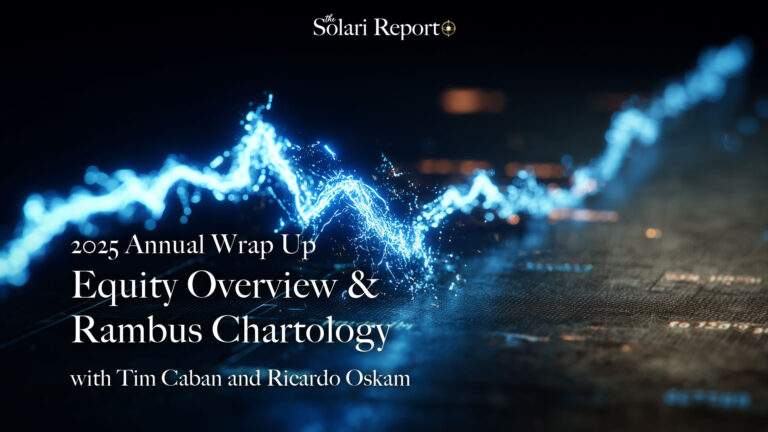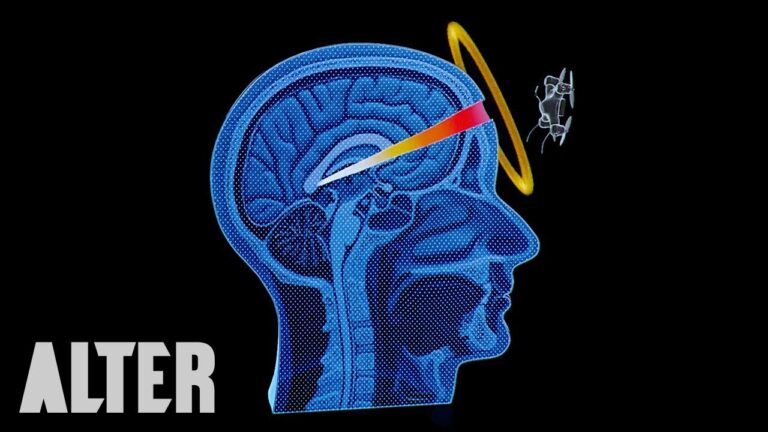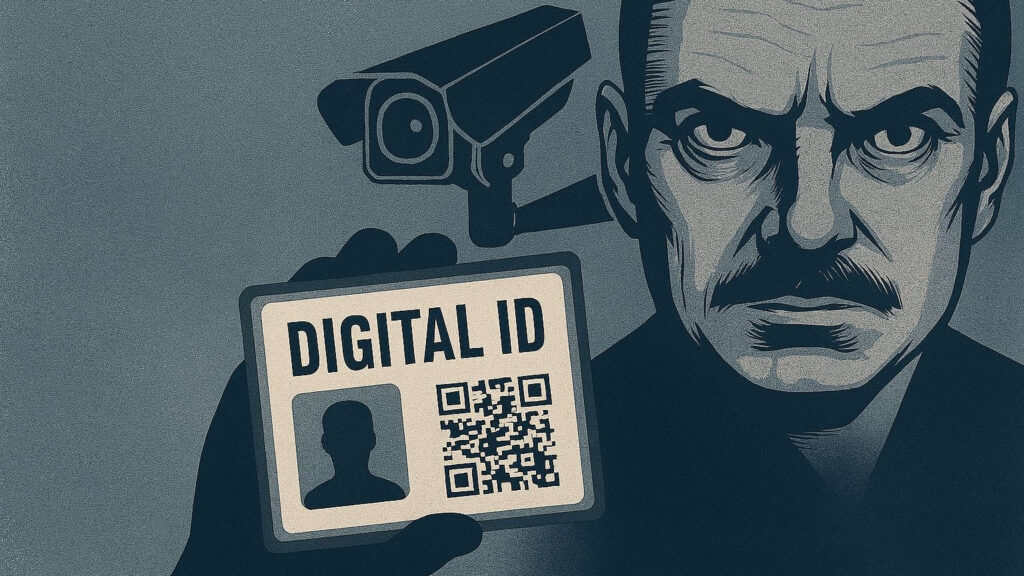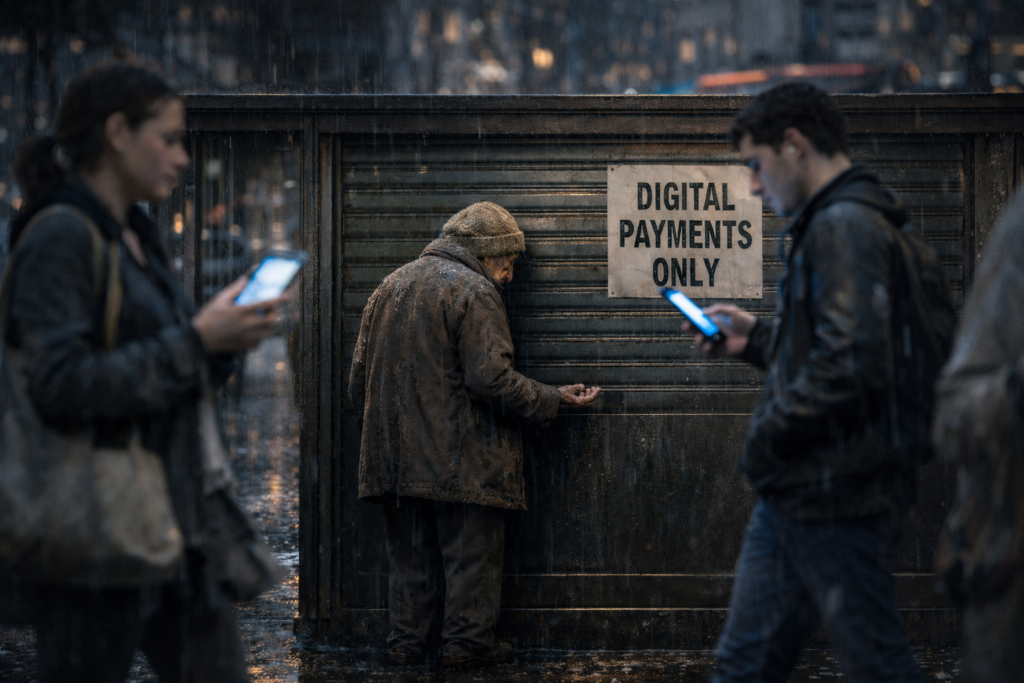Become a member: Subscribe
Action of the Week
Help Cash Continue to Thrive!
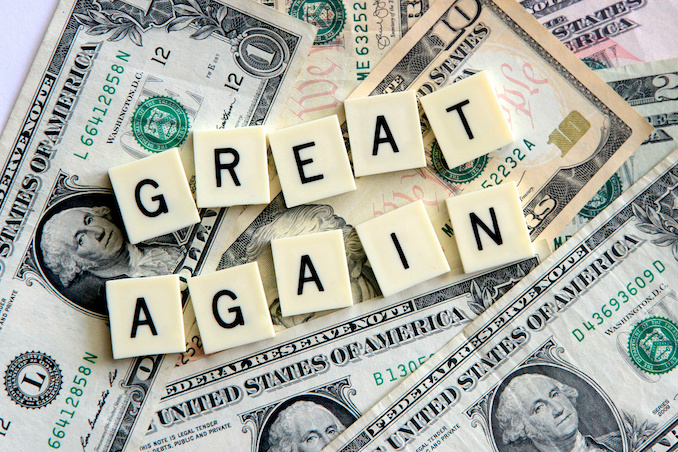
“If cash and credit cards went head-to-head in a boxing match, cash would definitely come out on top.”
~ Ramsey Solutions
Action of the Week, August 10, 2025
Help Cash Continue to Thrive!
We were heartened to read a May 2025 blog by the Federal Reserve Bank of Atlanta reporting that as of October 2024, “More consumers used cash to pay at least once than any other payment instrument.” In fact, 83% of U.S. adults had used cash in the prior 30 days, and 35% had used a paper check. The Atlanta Fed attempts to paint the use of cash as a quaint throwback to our grandmother’s era, but the data attesting to cash’s popularity don’t lie.
At Solari, we continue to emphasize the importance of using cash as a means of countering an all-digital financial transaction control grid. However, even those who do not yet recognize the threat of programmable, surveillable digital money are ready to describe numerous benefits of cash as compared with, say, credit cards. Among the top benefits listed by websites ranging from Investopedia to Ramsey Solutions are no fees or interest (i.e., no usury). As Investopedia puts it, “If you save up enough cash for [a] purchase, you are giving yourself the equivalent of a huge discount by not using your card.”
A second benefit of cash over credit cards are the decreased security risks. In 2024, almost two-thirds (63%) of U.S. credit card holders experienced credit card fraud, and half (51%) were victimized by fraud more than once! Only 8% of the fraudulent charges involved lost or stolen cards—fraudsters managed the remaining 92% through remote access to personal data and account information. For its part, the Federal Trade Commission (FTC) received 2.6 million complaints of fraud and over 1.1 million reports of identity theft in 2024; credit card abuse was the top contributor to identity theft. Fraud-associated financial losses increased by 23% from 2023 to 2024, reaching almost $13 billion for reported losses.
A third advantage of cash, virtually everyone agrees, is the reduced likelihood of overspending. Numerous financial websites encourage consumers to go on a “cash diet” and use cash for all day-to-day expenses. Explains Ramsey Solutions:
“Paying with cash keeps you from spending money you don’t have—which means you don’t owe anyone…. And when you realize you don’t have an endless supply of money at your fingertips, you’re more likely to change your spending habits.”
Unfortunately, a sizable proportion of Americans’ $1.21 trillion in credit card debt is likely due to rising inflation plus other central-bank-instigated squeezes on the working and middle classes’ non-discretionary spending. That is why using cash, though an extremely powerful pushback strategy, must be accompanied in as many other ways as possible by refusal to comply with digital control mechanisms.
If you want to display your “Team Cash” membership, consider wearing one of our “Make Cash Great Again” caps!
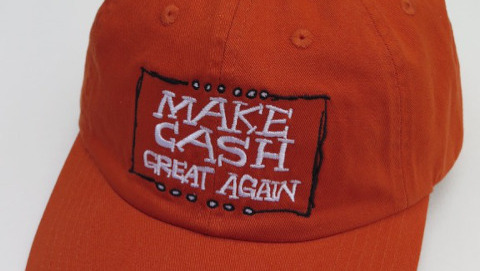
Links
More US Consumers Use Cash than Any Other Way to Pay (Atlanta Fed)
Should You Pay in Cash? (Investopedia)
Cash vs. Credit Card: Which Should I Use? (Ramsey Solutions)
62 Million Americans Experienced Credit Card Fraud Last Year
U.S. Fraud and Identity Theft Losses Topped $12.7 Billion in 2024
Credit Card Debt Reaches $1.21 Trillion—In Line with Last Year’s All-Time High, NY Fed Finds
Log in or subscribe to the Solari Report to enjoy full access to exclusive articles and features.
Already a subscriber?










